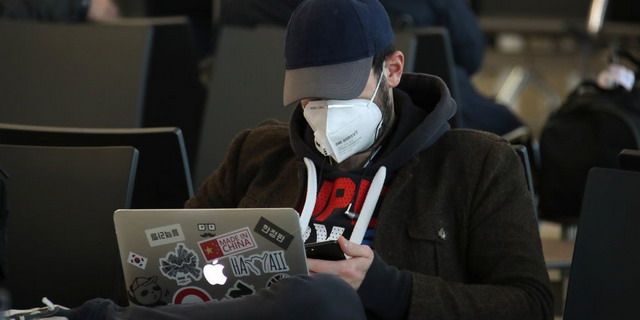As the coronavirus intensifies, human communication will again be restricted. School will again be largely online and lockdowns are possible. There is no other way out, especially in Armenia, where even people with higher education and even academic degrees believe in foreign myths about vaccination. I have a very negative assessment of the restriction of live communication between people. In particular, in teaching, I am convinced that the teacher and the professor as individuals are more important than the material provided. And the person can not fully express themselves sitting at the computer. Their energy waves do not reach the students.
But the problem is not only education; it is also the flaws of modern culture in general – flaws that are exacerbated by the coronavirus. Let me bring the simplest example. When we write the letters “a” or “b” on a piece of paper, we make different movements by hand, and we use the keyboard to get the same letters on the computer. In the past, a person with a written word was called a “pen man,” but now, when there is no pen, people can probably be called “attackers” and “snitches,” and the allegorical meaning of the word in Russian is quite applicable to social networks, because in that area, some people are busy trying to implicate each other.
It is no coincidence that in ancient China, candidates for high-ranking positions, among other exams, passed calligraphy. It is not that there were no document writers; there were many scribes, and the officials should not have done that. It was just a way to check the “depth” of people’s thinking.
But the same can be said about the “depth” of our “online” and “in-person” contacts. “In-person,” we strive (at least, we should strive) for real empathy, real emotional contact, and real mutual understanding. We do not try to understand each other on the Internet; our goal is to have many views or “likes.” But “liking” does not mean that we are really understood, and earning “hearts” does not mean that we are really loved.
Read also
I do not consider myself a very sociable person, but during this year and a half, during the period of “isolation” because of the pandemic, I began to appreciate the need for direct, direct human contact. I have also begun to understand the custom in traditional societies when people walk to the Temple every Sunday no matter what the temple is called according to their religion. The difference between such a community and a Facebook group, I think, is understandable to everyone.
…In Ray Bradbury’s “Fahrenheit 451” dystopia, the protagonist’s wife spends all day wearing headphones and communicating with her TV “friends” on the walls. This prophetic work was written almost 70 years ago.
Aram Abrahamyan























































